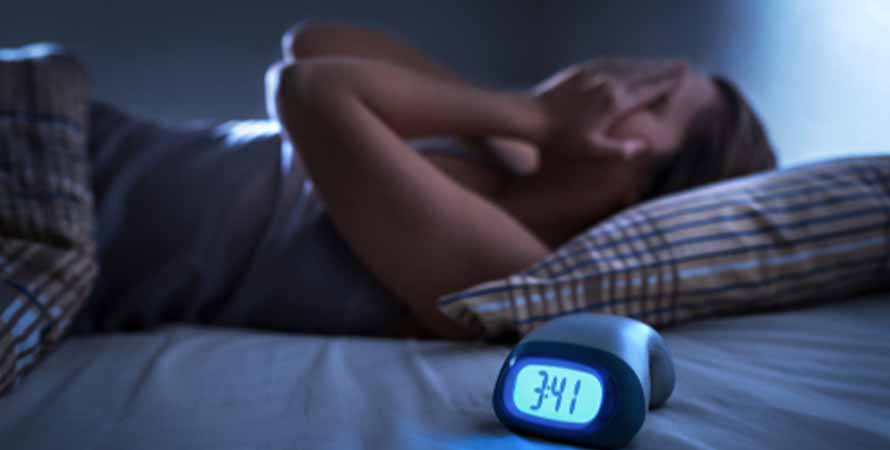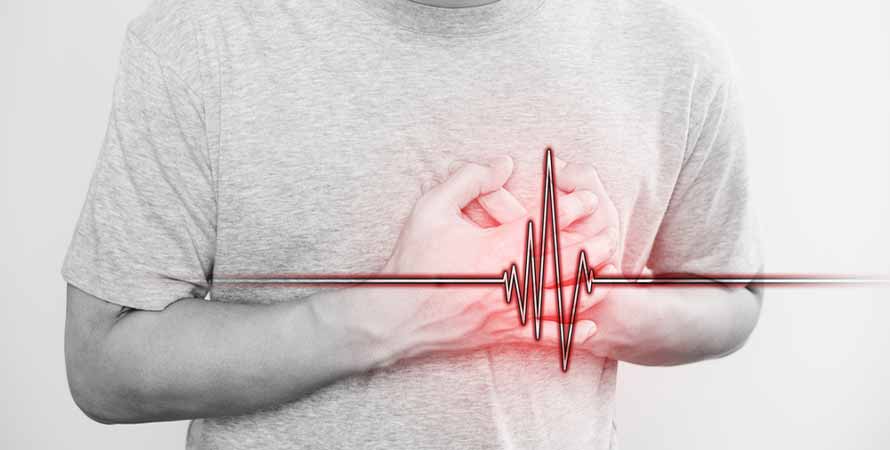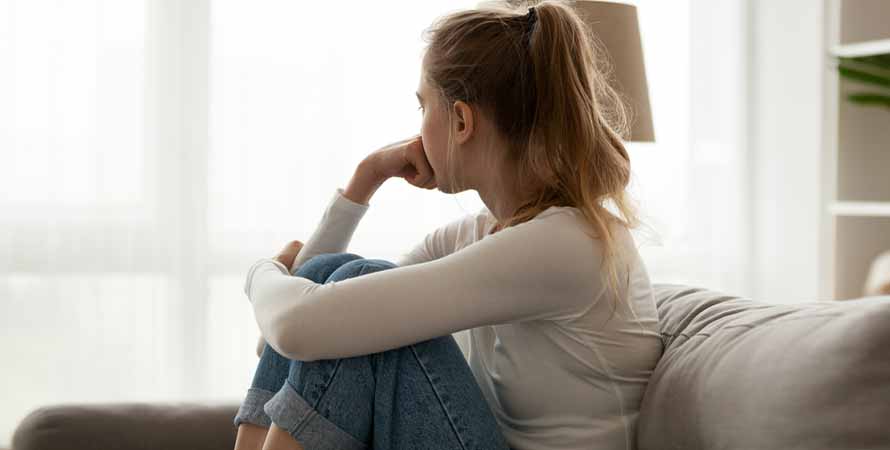Instant Stress Busters – You Must Know About

We all go through stressful situations at certain points in our lives. However, stress can affect your physical health and impact your mental health without you knowing it. Stress can make you unproductive at work and affect your everyday life.
Although stress is not an illness, it has connections with the physical body and mental health. In this article, we will look at how stress can affect the body and mind. We will also explore methods to help you cope with stress.
Negative Impacts of Stress on Physical Health
1. Weakens the Immune System
Stress can help stimulate the immune system, and this works well when you are dealing with an immediate situation. However, as the stress progresses, it weakens your immune system and makes you more susceptible to diseases like common colds and flu.
2. Muscle Tension
Stress can make your muscles get tight in a bid to protect themselves from injury. This effect on your muscular system can lead to body aches, headaches, and back and shoulder pain.
3. Headaches
Although the cause of migraine headaches is still not clear, it is believed that stress could be one of the triggers. Experts believe that one of the causes of migraines is emotional stress. This probably explains why migraine headaches are common in people who have anxiety and depression, among other diseases.
4. Sleep Problems
Stress can make it harder to fall asleep, and this can lead to insomnia. In other cases, it can make one oversleep in a bid to fight the stress.

5. Change in Sex Drive
Stress on the body and mind can make one lose their desire for sex. In men, it can cause the male testosterone level to go down, leading to erectile dysfunction or even impotence. Worse, chronic stress can affect the male reproductive system and increase the risk of infection on organs like the testes and prostate.
Stress in women can interfere with the menstrual flow and cause it to be heavier and irregular. The woman may also experience painful periods. If the stress is chronic, it can amplify the physical symptoms of menopause.
6. Breathing Problems
Another effect of stress on the body is that it affects the respiratory system and causes you to breathe faster. This happens to distribute oxygen-rich blood quickly to the different parts of the body. The situation may even get worse if you are suffering from emphysema or asthma.
7. Skin Conditions
Unknown to many people, stress is also associated with various skin conditions. When one is stressed, the level of cortisol hormone increases, and this increases inflammation in the body. This might lead to stress hives like acne breakout, hives, psoriasis, and eczema.
8. Heart Problems
Stress hormones can also affect your cardiovascular system. While you are under stress, your heart will pump faster to take more oxygen to your body. Consequently, your blood pressure will go high, and this can lead to a heart attack or stroke.

Effects of Stress on Mental Health
1. Anxiety Disorder
Anxiety and panic attacks are common among individuals who are stressed. While most people become anxious when faced with different situations, some people suffer from a form of anxiety disorder, which is more than the normal worry or fear. There are different types of anxiety disorders, including panic attacks, separation anxiety, and phobia-related disorders.
Scientists have established that the first response to stress takes place in the brain the moment it notices a stressor. Stress hormones are then released, and this affects parts of the brain that are responsible for the memory and regulation of emotions. If the stress persists, it affects how the brain system controls the stress response, increasing the likelihood of anxiety and depression.
Panic attacks occur when one has sudden periods of intense fear. These periods last for a noticeably short time and are associated with the amygdala, a part of the brain, being hyperactive.
2. Depression
Stress hormones can also cause depression, which is a serious mood disorder. This is one of the most common mental disorders in the USA, and it can happen at any age. Luckily, depression can be treated.
3. Post-Traumatic Stress Disorder
This disorder can occur when one goes through a very traumatic or stressful situation. Scientists believe that such events can interfere with the hormones and neurotransmitters, which are responsible for normal stress response. Individuals with this disorder may experience uncontrollable thoughts, nightmares, or vivid flashbacks.

Methods of Relieving Stress
At times, stressful situations can be unavoidable. Therefore, it is important to look for things that will enable you to manage stress better to ensure your overall well-being. Below are some effective strategies that you can try to feel better to relieve stress and mental health.
1. Yoga
Yoga is a type of exercise that involves meditation, controlled breathing, and light exercise. Practicing yoga will help you reap all these benefits and lower your stress at the same time. Plus, it not only offers physical benefits but also mental and psychological advantages.
2. Meditation
Taking a few minutes each day to meditate can greatly help to relieve stress. Research has shown that meditation alters the neural pathways in the brain, and this makes you more resilient to stress. Meditation is simple as you simply need to sit down, close your eyes, and focus on a positive mantra.
3. Music
Music is a good stress reliever that will lift your moods and help you feel better. Just play your favorite song, put on your headphones, and enjoy the music.

4. Walking in Nature
Exercise is a simple yet effective stress reliever that can rejuvenate both your mind and body. Take a nature walk and take in the beauty of nature and breath in some fresh air. This method is particularly helpful if you are having a stressful day at work or at home. Besides, you get to enjoy the benefits of exercising as well.
5. Creativity
Getting creative with something that you love will take your mind off the stress and make you relax again. Just think of something you love doing, whether it is creating artwork, painting, drawing, or knitting. Whatever your creative side is, this is a good time to use it to relieve stress.
Conclusion
While you cannot entirely control circumstances, you can control how you respond to them. Do not allow stress to take a toll on your physical and mental well-being. Ensure to practice a stress reliever that works best to calm your body and mind.
Deprecated: Function WP_Query was called with an argument that is deprecated since version 3.1.0!
caller_get_posts is deprecated. Use ignore_sticky_posts instead. in /home/healthwebmagazin/skinformulations.com/wp-includes/functions.php on line 6121






